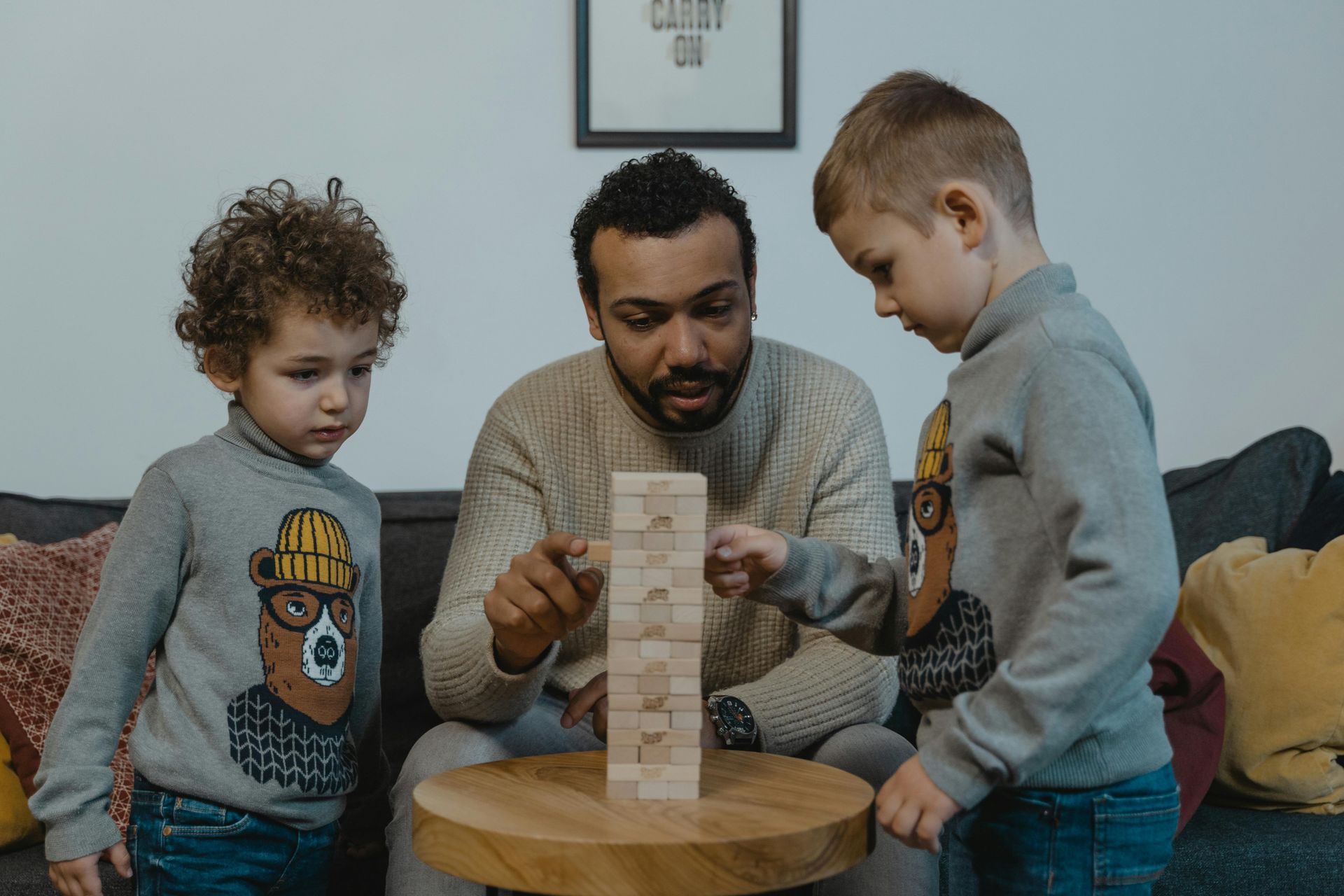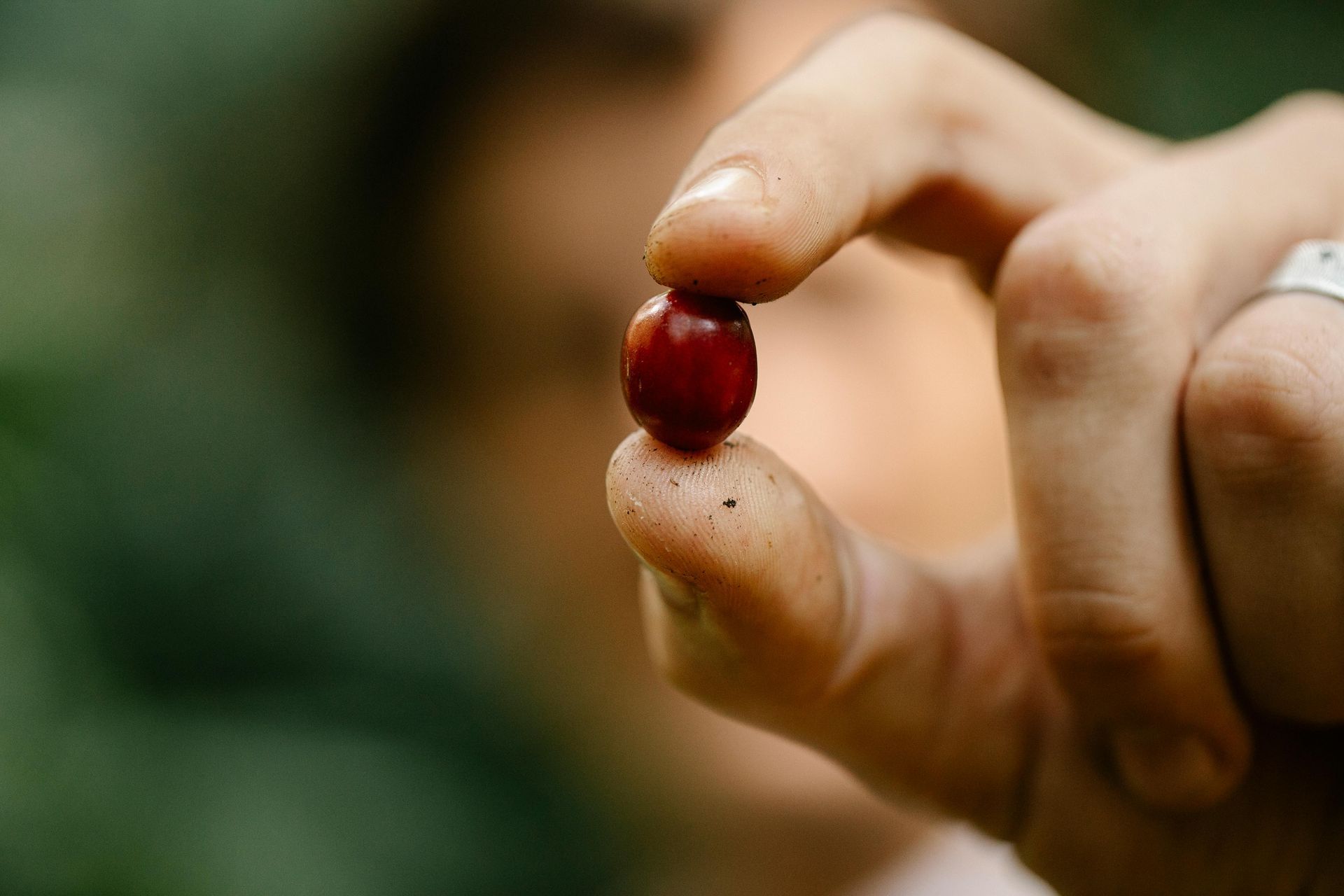10 Ways To Support Youth With Sexual Integrity

Plus Two Free Downloads To Bring You All Closer Together
Sex Education begins AT HOME!
One
Helping children understand about keeping their body clean and healthy is when sex education begins. Lift-the-flap books about digestion, bones, muscles, blood, etc. are a great resource for this education. It can be kind of AWKWARD to start the sex education lessons with talk about genitals and breasts when we’ve never really even talked about bones and stomaches. Here is one of my favorites! See Inside Your Body
Two
Teaching children that their body belongs to them and how and when to share their body (hugging mom, dad and siblings at bedtime – yes, vs. showing and sharing private parts – no). These books are so simple but so spot on! Loving Touches and It’s MY Body. There are lots of others, but keep in mind that the ones that show lots of genitals, even as drawings or cartoons are simply NOT necessary. The children know what’s in their “bathing suit” zone. They don’t need to see a variety of shapes, sizes, ages, etc… For some children this can be too overwhelming, and for other children it can be overstimulating. I wrote about this years ago for the Cape Cod Moms – Mommy Blog. Click here for a variety of resources outlined in my article, Disarming the Pedophile.
Three
Teaching children to speak out confidently when someone is crossing the line or making them feel uncomfortable, from tickling to brushing by their private areas (even with clothes on), to seeing things on TV or movies that makes them feel uncomfortable, to touching their bare private areas. The children who speak freely are going to be much safer than the children who go silent when they are uncomfortable.
Four
The way that mom and dad are with each other is a very important daily lesson. Do you touch each other kindly and lovingly? Lot’s of parents are incredible affection-givers to their children but when it comes to each other, not so much. This is about enjoying each other; holding hands, hello and goodbye kisses, dancing after dinner during a “5 minute family dance party,” and things like that. We need to teach them what is normal and healthy and I’m not referring to slapping her on the backside while she’s cooking dinner.
Five
Family dinner – talk about things. How will you know what your children are learning in school if you don’t have family dinner, car ride discussions, lawn chair sessions in the nice weather…. Don’t be so busy and scheduled that there isn’t time for regular family socials.
Six
Have an opinion! Blank slate? Let them decide what they believe? This is not very effective if you want them to be safe and healthy. By saying nothing, you are essentially leaving it to schools, friends, social media and TV/Movies to educate your children about this very important topic. Their decisions will impact the rest of their life, for better or worse.
Seven
Take your opinion a step farther and set up boundaries based on your opinion. Boundaries, expectations, accountability, this is how children feel safe. Don’t worry, there is still plenty of room here for learning their own lessons. You can’t and won’t follow them around everywhere. A friend once told me, “I know my kids are going to make bad decisions. I just pray that they will get caught quickly.”
Eight
Schools, at least my child’s school, sent home the 8th grade Health Curriculum Outline. LOOK at the curriculum! You can opt your child out of the class if you want to, but we chose to simply stay abreast of the topics and bring those topics and conversations into our family time so that they could be discussed. The video titles were included in the parent info sheet. We found some of them on Youtube. Review them if you can. In our experience, some of them can be “edgy.” Decide as parents how you feel about them and if and how you will address it.
Nine
Everyone is NOT “doing it.” Resist the temptation to be like a piece of driftwood floating in and out with the tide. Even if it were true that “everyone is doing it,” which it’s not, that doesn’t make it right. Back to #7 – have an opinion and a standard!
Ten
PAY ATTENTION! You are in the best position to know your child’s heart and mind. You know their vulnerabilities. You know what your vulnerabilities were at that age. You are wise beyond what you give yourself credit for! Research if you need to. Look up articles like this one. Talk to your friends. Know their friends. Be on the same page with your spouse.
Also….
IF, if you have organized your family/parenting in a way where Mom has her finger on the pulse of the children and Dad has relinquished all of his voice to leave the parenting to mom about everything child-related (doctors, schools, vaccinations, extracurriculars, etc.), NOW is as good a time as any, and a very important time to step up an step in. Our sons and daughters need their dad! If he isn’t around, look to other significant, healthy men in your family or life like an uncle or grandfather. Beware of coaches, teachers, pastors, etc. who may be interested in taking on a close, mentoring role with your child. So many of them are incredibly amazing people, but a small percent are predators, as in any walk of life.
Children who do not have an active father in their life are at higher risk of victimization and the most successful sexual predators are those who are in a role of leadership or power and have worked hard to gain your “trust.”
https://lamperti-counseling-consultation.myshopify.com/collections/free-downloads/products/adult-promise-to-youth-sexual-integrity
If you are concerned that your child has been sexually misused/abused, OR if your child is demonstrating risky sexual behaviors, please seek help. The impact of sexual harm, either “self” and/or inflicted by another, can be so damaging..




